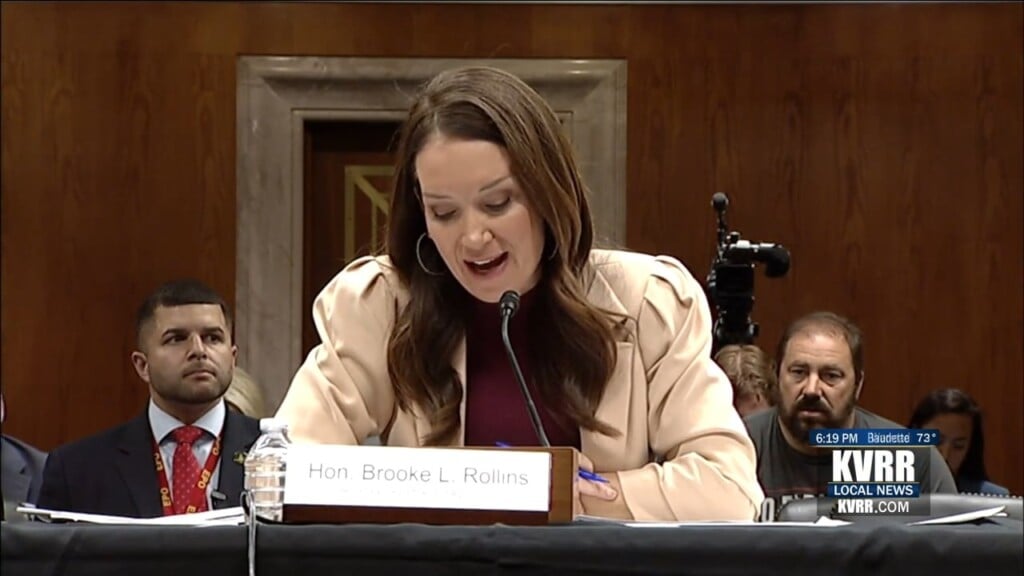North Dakota’s AG Commissioner and Agronomists React To Potential End of Roundup
FARGO, N.D. (KVRR) — Roundup, a widely used herbicide popular with farmers who plant corn, soybeans, and sugar beets may soon be disappearing from shelves. As the company, Bayer, says they may no longer be making the product in the coming months.
“The company continues to get taken to court over frivolous lawsuits. They have to continue to pay and guess what? It’s not the company or stakeholders that are paying for this, it’s the consumers, it’s the farmers. It’s having a devastating effect and I’m wondering if they’re not getting to the point where they’re saying hey we’re done with this,” said Doug Goehring, North Dakota Agriculture Commissioner.
The company has had to go to trial 27 times for allegations linking its active ingredient glyphosate to cancer. But evidence from the U.S. Environmental Protection Agency has previously stated that the ingredient is not likely to cause cancer.
“Glyphosate is actually less toxic than caffeine is. And I don’t think people realize that all the time from a human health standpoint. And so it’s very hard to find other pesticides on the market that are actually that safe,” said Sarah Hall Lovas, Agronomist, and Director for the North Dakota Grain Growers Association.
The use of glyphosate has helped North Dakota farmers stay competitive in the global market and has maintained affordable grocery prices. But it is estimated that the removal of this herbicide will increase those prices.
“The cost of production is going to go way up. And we’re already in a place in this particular year where we got high input prices and also lower commodity markets. So, increasing that input price even more that’s going to be tough on farmers,” said Lovas.
One agronomist who has been farming prior to the popularized use of Roundup believes the product should have never been put on the shelves for the general public.
“I’ve told Bayer reps this in the state. I don’t think you should have ever put that to the general public. Because if you aren’t going to have them go through any training or any certification on how to use the product in the way it’s supposed to be used, you shouldn’t use it,” said Jason Hanson, Independent Crop Consultant at Rock and Roll Agronomy.
While there is no official date for when Roundup may start to disappear, farmers are currently working to find an alternative.






